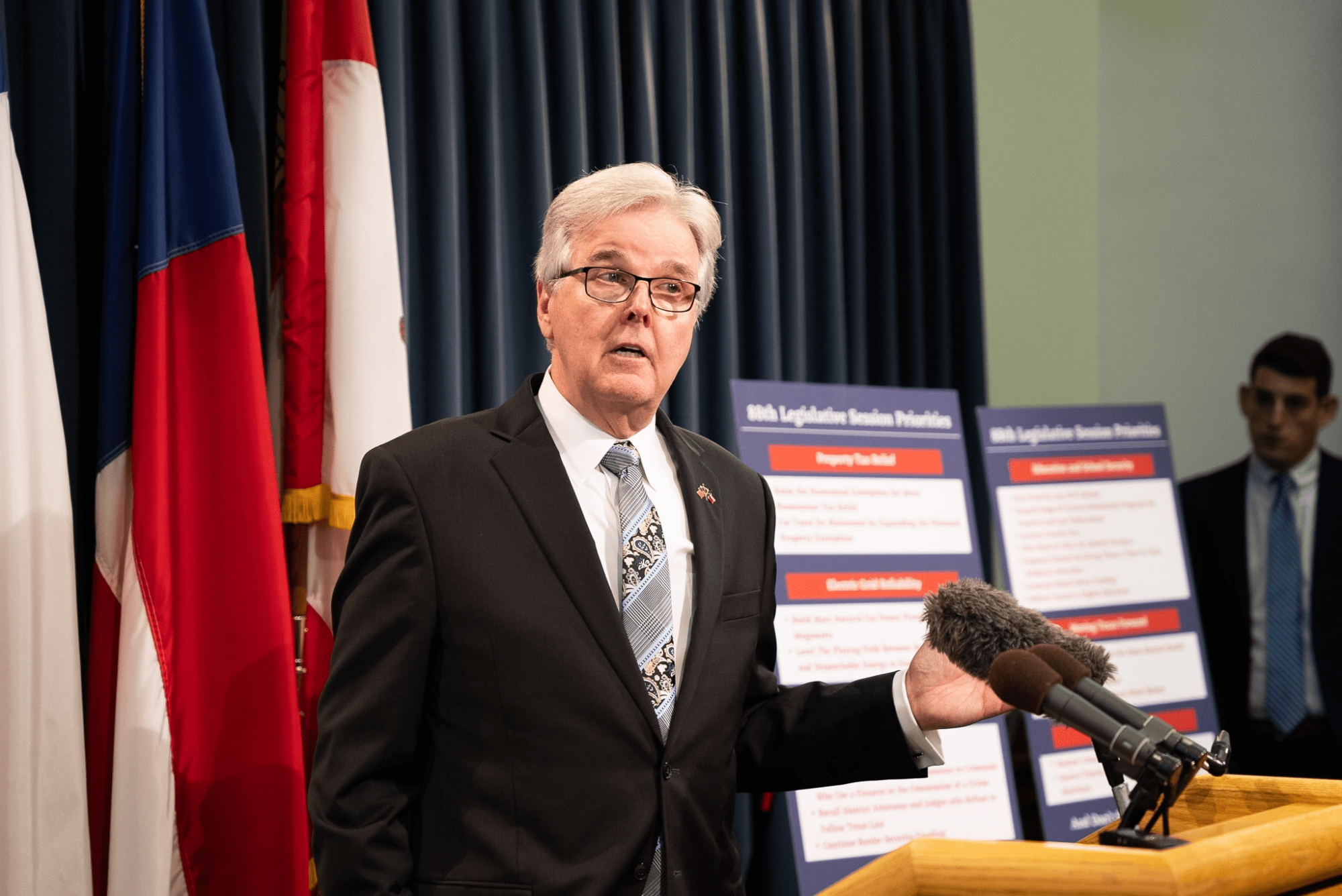In the latest blow to Dallas’s problem-plagued bus bureaucracy, Moody’s again downgraded the credit rating of Dallas County Schools, this time to “junk bond” status.
The downgrade is bound to affect how the Texas Legislature decides to deal with the financially struggling agency, as well as DCS’s ability to borrow more money – which it must do to stay solvent.
Noting the agency’s $130.7 million of outstanding debt and a litany of bad business practices, Moody’s Investors Service downgraded DCS’s general obligation debt to Ba3 from Baa3 last week and said the “outlook remains negative” for the agency’s financial future:
The downgrade to Ba3 reflects severe deterioration in the district’s liquidity position, its acute need to restructure a portion of its outstanding debt and its reliance on cash flow borrowings to meet current fiscal year obligations. The downgrade also reflects the considerable financial challenges posed by the nonessential school bus stop-arm camera enterprise.
That school bus stop-arm camera program wasn’t just “nonessential” and a financial fiasco. It’s also the source of an ethics controversy over big campaign contributions from the camera vendor to DCS board president Larry Duncan.
Moody’s said DCS’s “strongest credit attribute” is its “large and diverse tax base.” DCS taxes all Dallas County property owners, whether they use the agency’s services or not, forcing residents in some school districts to subsidize others.
The DCS Board of Trustees is meeting Wednesday to authorize new taxpayer-backed bonds for restructuring part of its debt, an action it hopes may help bail out the near-insolvent agency.
But not before Texas House lawmakers again consider legislation to shut down DCS before it collapses under its own weight. The junk bond rating is sure to come up at a hearing Tuesday on Senate Bill 1122.
Last week the Texas Senate passed a watered-down version of SB 1122 by State Sen. Don Huffines (R-Dallas) to abolish DCS. Huffines has called DCS “a ticking financial time bomb” and argued on the Senate floor that he believes “the financial collapse of DCS is inevitable.” He said the legislature has both the authority and the obligation to shut down the scandal-plagued agency.
“Students, taxpayers, and schools deserve better than this dangerous bureaucracy,” said Huffines.
Yet Huffines agreed to a compromise with his Democrat counterpart, Sen. Royce West of Dallas, that would allow the agency to continue as is until at least November, when the fate of the 100-year-old bureaucracy would be put to Dallas County voters to decide.
Huffines’ compromise version of SB 1122 is set for a hearing Tuesday in the House Public Education Committee, which previously heard but hasn’t acted on similar legislation by State Rep. Cindy Burkett (R-Sunnyvale). Burkett’s House Bill 2329 would eliminate DCS’s taxing authority and abolish the agency under certain circumstances.
This latest confirmation by Moody’s of DCS’s financial weakness – on top of its mismanagement scandals, performance and safety concerns, and unfair taxing authority – should spur lawmakers to act, not kick the decision to voters.
The legislature created the DCS bureaucracy, and it has not only the authority but the obligation to abolish it when it’s no longer serving constituents effectively. If a government agency this outdated, mismanaged, unsafe, and scandal-plagued can’t be shut down, what bureaucracy can?
House lawmakers can, if they choose, restore SB 1122’s original intent to begin winding down DCS immediately – before it does more damage, and so school districts can move forward with alternatives that better serve students and taxpayers.





